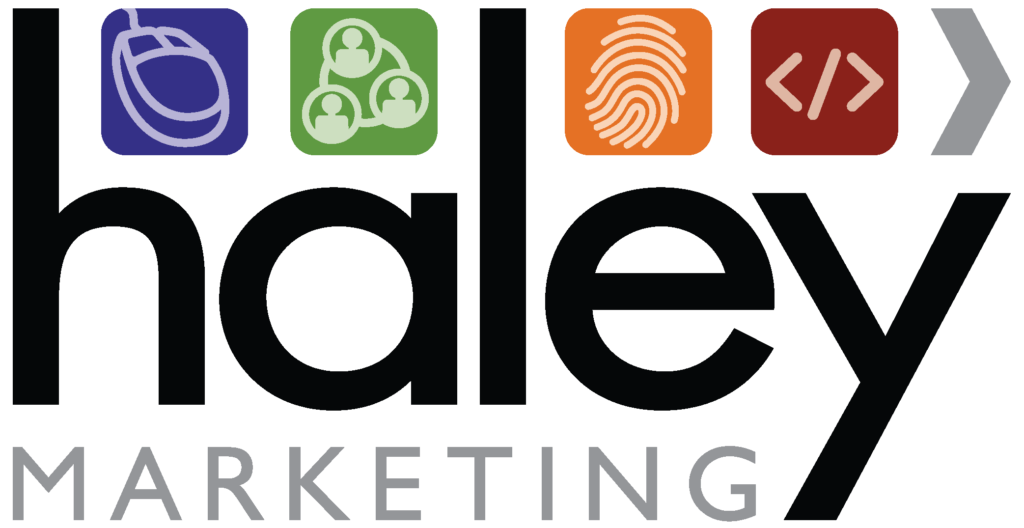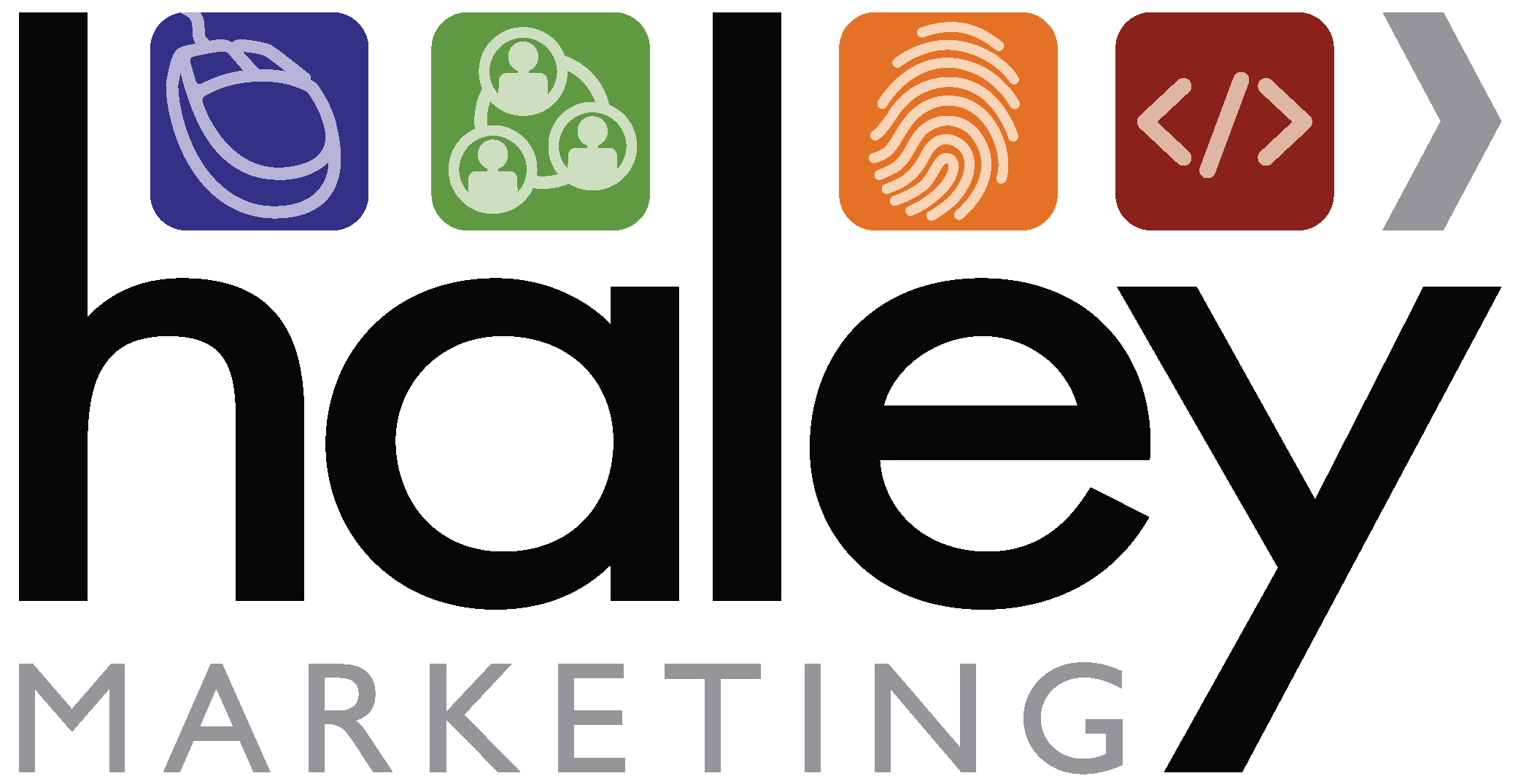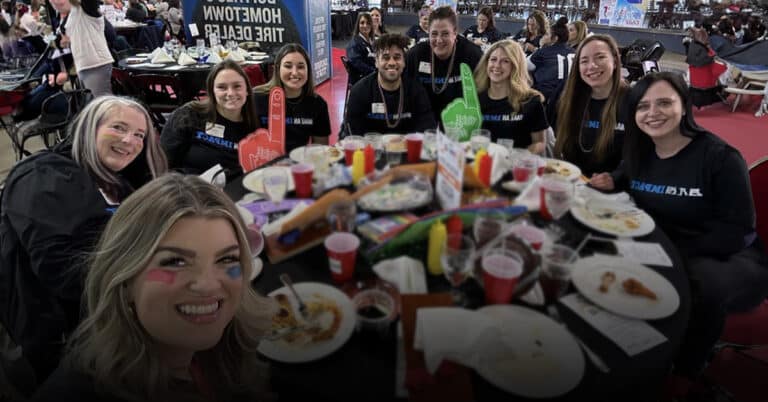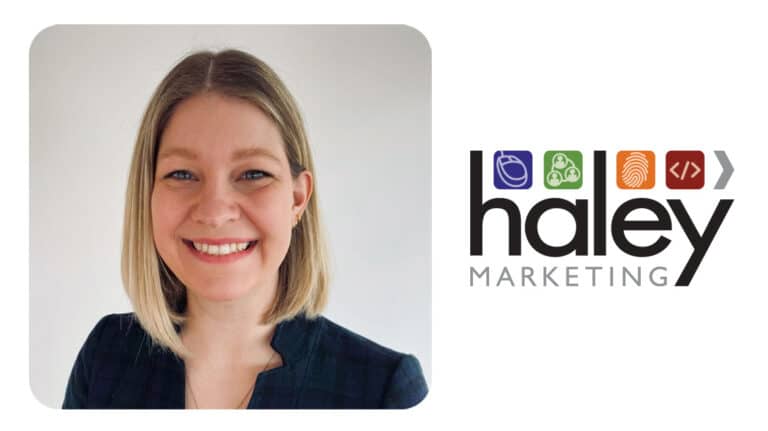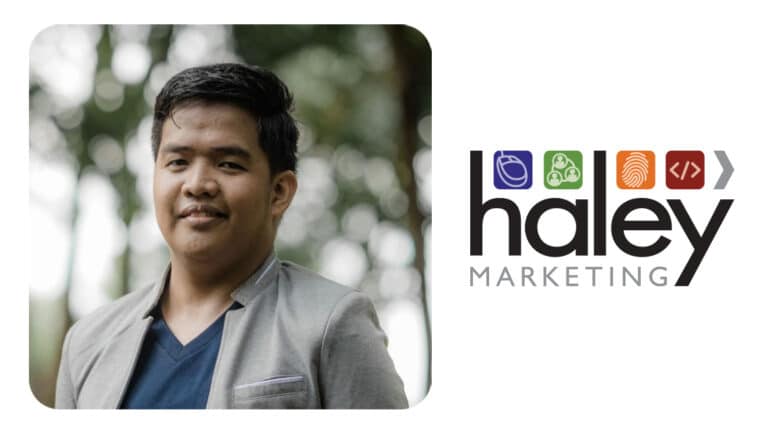The following transcript was taken from InSights, a staffing and recruiting podcast from Haley Marketing Group dedicated to providing quick-hitting takeaways on Social Recruiting, Content Marketing, and Employer Branding. To listen to the episode, click play on the player above or visit the episode page [InSights] Google’s 2019 Ranking Factors
Brad Bialy: Matt, a few episodes ago we talked about how Instagram was beginning to beta test a new layout that removed post likes so that individuals wouldn’t be able to see how many people liked an image or video.
[LISTEN] What does Instagram’s beta test mean for your staffing firm?
Well, a post on TechCrunch that was published on September 2nd shows that Facebook is now starting to test the same. The current head of Instagram and former head of News Feed at Facebook, Adam Mosseri said in an interview with CBS News, “One of the ideas we’re currently experimenting with is the like counts being private, for instance, because we don’t want Instagram to be such a competition. We want it to be a place where people spend more of their energy connecting with the people that they love and the things that they care about.” Matt, where do you stand on this?
Matt Lozar: I have two thoughts here. One, this makes a whole heck of a lot of sense because Facebook and Instagram aren’t the same company but are the same company, so that’s step one. Step two, I’ve been thinking about this as well since Brad has been pretty passionate about this. We talked about it in episode 62 when Instagram started to roll this out in a beta test. I’m not sure who’s seeing it or whatnot, but if Facebook is going to start roll it out, it’ll reach even a different audience but it’s very interesting to me because we’ve grown to almost have this emotional reaction to a hundred likes on a post versus 10. To me, I think what my main thought right now and how this is going to play out will be how does that play into the algorithm of Facebook? Because the content that you’ve liked in the past or maybe the content that your network and followers like is probably going to show up at the top of your feed. You might not directly see how many likes are on your posts in a public forum, but that post that’s getting the most engagement is probably going to be at the top of your algorithm. To sum it up, I’m not really sure where I’m at with this, but I think it’s growing on me because I’m starting to embrace that change a little bit more.
Brad Bialy: Matt, there’s scientific research that shows the same amount of dopamine is released in the brain when you see a like on Facebook as when you eat delicious food or make money. If we think about the fact that Facebook users are posting on Facebook just to get a mental lift of dopamine, we think about that then everything that we’re doing on Facebook makes no sense. We on InSights now for 22 episodes have talked about how every post has a purpose, how we need to come back to our business goals and have smart, aligned business goals. That we’re not competing on Facebook with bands and sports teams and models, but we are positioning ourselves as thought leaders and experts ultimately trying to drive more applications and job orders. We cannot be posting on Facebook just to have feel-good stats like post likes on Facebook. I’m all for this move. I’m all for the move on Facebook. I’m all for the move on Instagram because good content will always cut through the clutter. It doesn’t matter how many page likes it has or posts likes it has, good content will continue to cut through the clutter.
Matt Lozar: To really tie together our three segments here today. The first time when we talked about why content and that’s where these likes kind of come into play with. If you create that really good content, it’s going to break through the clutter. It doesn’t matter if it’s 300 words or 3,000 words. The best content will win in the end. This comes from someone who scrolls through Twitter faster than most people could probably even imagine what I do. This also comes from my cohost who has the attention span of a goldfish. The good content will win. If you don’t need those likes there, if you can really create, and we’re not talking about just written content too, it could be video content, it could be audio content, it could be imagery. We’re doing this the beginning of September. If you’re on Facebook now, it’s all back to school content, and that really good content is going to the top of feed.
Matt Lozar: Pushing this also forwards a little bit of spoiler for segment three where we’re talking about the SEO ranking factor survey. The number one point was content. We’ll dig into that with Dan a little bit later, but good content is going to win. It’s what goes at the top of Facebook and Instagram and Twitter and LinkedIn now and it’s also what’s at the top of a Google search. It’s literally the best answer to a question. When you actually go into Facebook and Instagram, the best answer to your question is what do you want to see from your feed that day. That’s where if we don’t need to have those feel-good stats, those billboards stats are right at the front and center, we’re going to evaluate the content on its breadth, on its depth, on its value, and that’s what we’re going to see at the top of feed and it’s going to make social media better.
Brad Bialy: I love that take. I have very little to add to that take. All that I want to say is from a staffing and recruiting standpoint, we always want to come back to our goals. We don’t want to rely on vanity metrics like post likes on Facebook. Instead, we want to know that every post had a purpose and continues to have a purpose. When we post across social media, we should be able to understand what that post resulted in the form of applications or job orders. We should be able to track all of that data through our Career Portal software. If you’re competing on Facebook for post likes, for engagement, well then you need to rethink your strategy. Ultimately, we want to drive more applications and more job orders, so this update from Facebook shouldn’t be a major concern to you. Instead, it’s just another platform change to be aware of.
